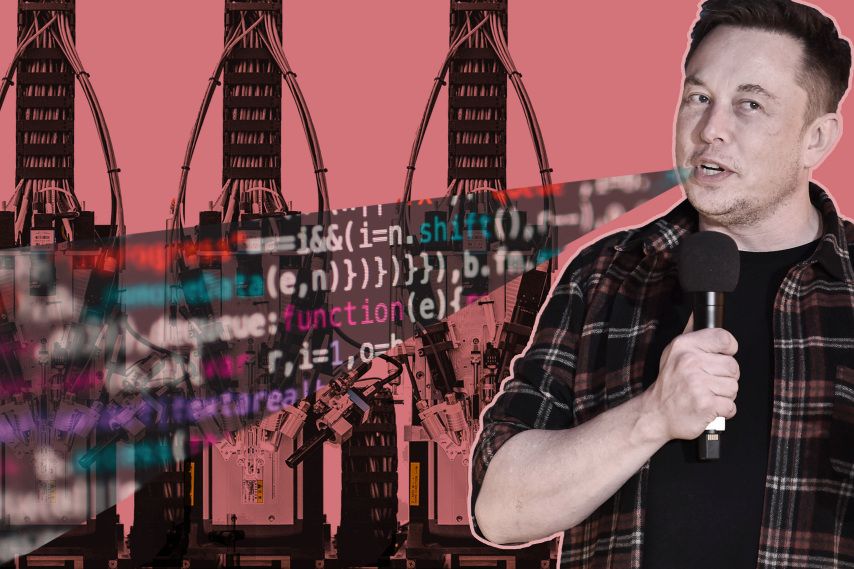Rock-climb without fear. Play a symphony in your head. See radar with superhuman vision. Discover the nature of consciousness. Cure blindness, paralysis, deafness, and mental illness. Those are just a few of the applications that Elon Musk and employees at his four-year-old neuroscience company Neuralink believe electronic brain-computer interfaces will one day bring about.
None of these advances are close at hand, and some are unlikely to ever come about. But in a “product update” streamed over YouTube on Friday, Musk, also the founder of SpaceX and Tesla Motors, joined staffers wearing black masks to discuss the company’s work toward an affordable, reliable brain implant that Musk believes billions of consumers will clamor for in the future.
“In a lot of ways,” Musk said, “It’s kind of like a Fitbit in your skull, with tiny wires.”
